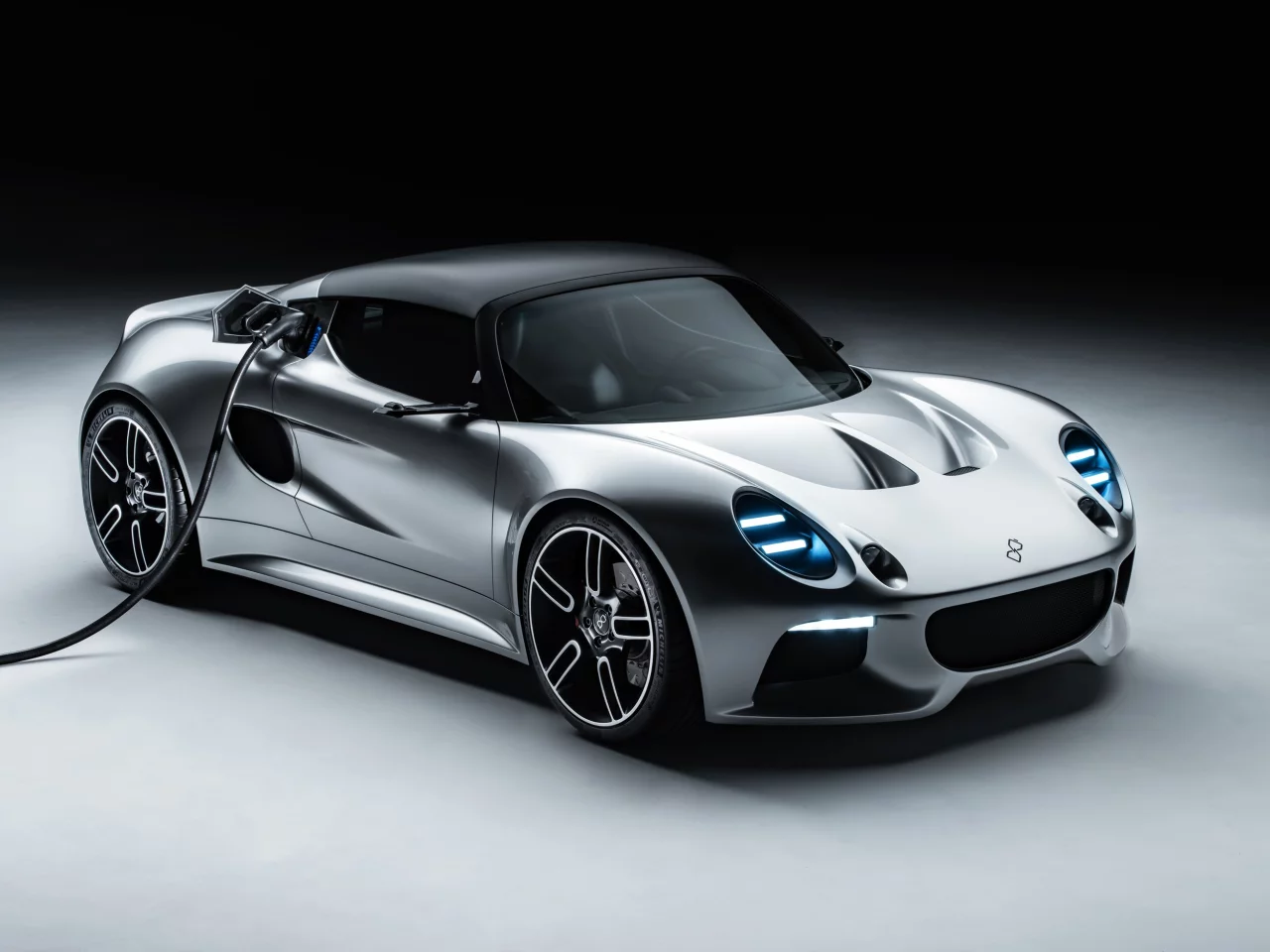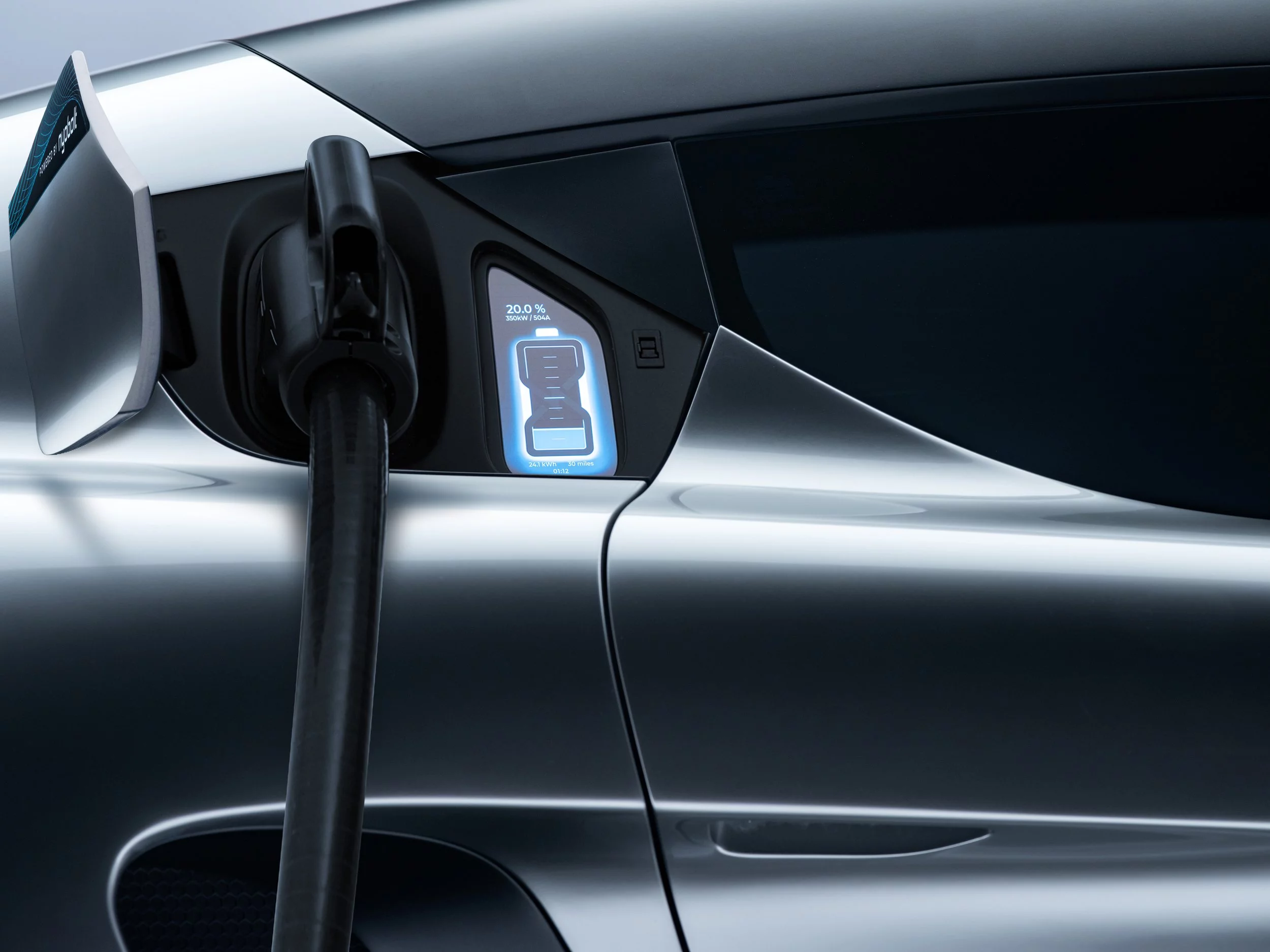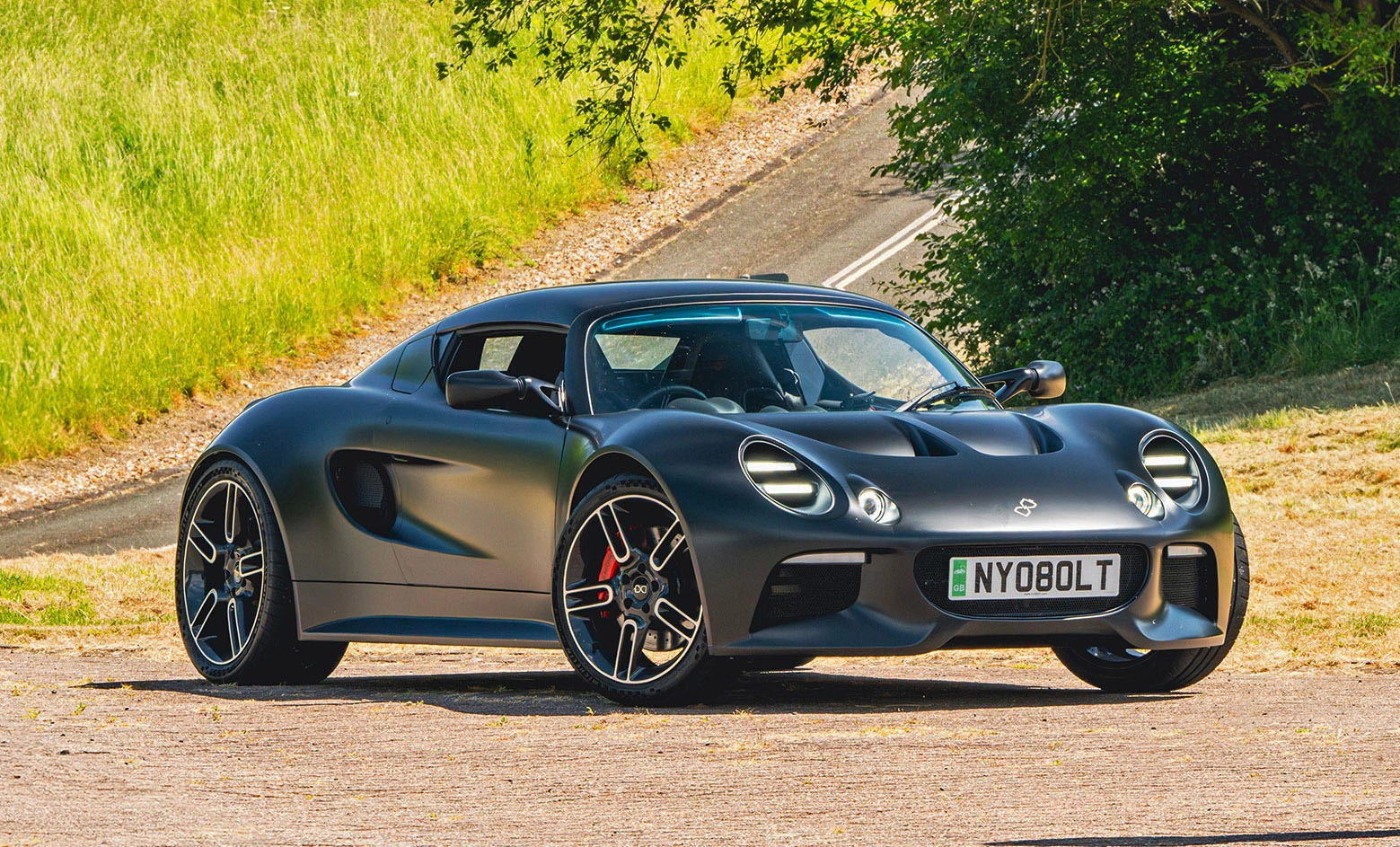With its proprietary battery technology – based around a niobium tungsten oxide anode – Nyobolt claims it's charging its prototype EV from 10% to 80% in just four minutes and 37 seconds using standard (if high-end) 350-kW, 800-V DC fast chargers.
The charger needs to be able to push a constant 500 amps for the first four minutes, but if it can, that'll deliver 120 miles (193 km) of range in just four minutes. That's twice as long as the average fill-up time at the gas pump, but less than half the charging time of anything else in the EV market today.
And without impacting cycle life, too. Nyobolt claims its batteries handle over 4,000 charge cycles – which would equate to over 600,000 road miles (965,600 km) – while still retaining 80% or more of the original battery capacity.

"Independent OEM testing," according to a press release, has confirmed over 4,400 five-minute charge cycles on Nyobolt's 2.6-Ah cells, charging at a rate of 12C and discharging at 1C, at 73 °F (23 °C). For reference, a 1C rate would charge or discharge the full battery capacity over 1 hour. 2C would take 30 mins. So 12C charging means from 0-100% in a hasty 5 minutes (1 hour divided by 12).
This isn't the first time we've heard of EV companies claiming ultra-fast-charging.
The Piëch Mark Zero was to charge from 0-80% in 4 minutes and 40 seconds five years ago. Then nothing at all happened until just a few weeks ago, when Piech announced a new concept car boasting incredible horsepower figures. A thousand of them, in fact (745 kW), but nothing at all was mentioned about its charging capabilities.
In 2021, Desten claimed to have a 900-kW fast-charger and compatible battery pack, but the only new release from Desten we can find is a lithium iron-phosphate cell capable of being charged from 20-80% in six minutes just last year. While that's still an impressive cell, it's a far cry from the 10C claims at nearly 1 megawatt DC three years ago.

Nyobolt's prototype EV
Nyobolt has approached its sports car build differently than other manufacturers thus far. Instead of trying to create large battery packs for a huge range, they've opted to design a lighter car with a smaller battery pack of only 35 kWh, offering a 155-mile (250 km) range.
Elon Musk, in the early days of development of Tesla's Roadster, attempted to convert existing Lotus Elise sportscars into EVs, thinking they would be able to simply swap out the drive train for electric. He later admitted that "... it was a super dumb strategy ..." in a Joe Rogan Podcast, as over 90% of the car had to be redesigned to suit the electric components.
But this isn't a Lotus. Nyobolt teamed up with Callum, the designers of the Skye EV, for this prototype. If it looks like a Lotus, that's because it was designed by Julian Thomson, the man responsible for the hugely popular Elise.
Unlike those early Roadsters, the Nyobolt prototype was built from the ground up around its electric powertrain. It weighs only 2,755 lb (1,250 kg). For reference, the battery pack in a Tesla Model S weighs 1,200 lb (544 kg), bringing the Model S Long Range up to a hefty 4,561 lb (2,069 kg).
The Nyobolt battery pack is cooled with cold plates and a water/glycol mix using an AC compressor and battery chiller, which keep the batteries at a relatively cool 140 °F (60 °C), whether you're charging at 500 A or driving on the race track with your pedal to the floor.
It's unlikely that the Nyobolt EV will go into large-volume production, but the battery technology itself could make an impact across a variety of industries where ultra-fast charging and reduced downtime offers a critical advantage – from certain heavy industry applications, to fast-turnaround tractor trailers, to eVTOL air taxis and other electric aircraft – provided the rest of the spec sheet delivers the right numbers.
Nyobolt says it's "in conversation" with eight vehicle manufacturers, and that the fast-charging battery will make its commercial debut in a robotics application later this year.
Source: Nyobolt EV












